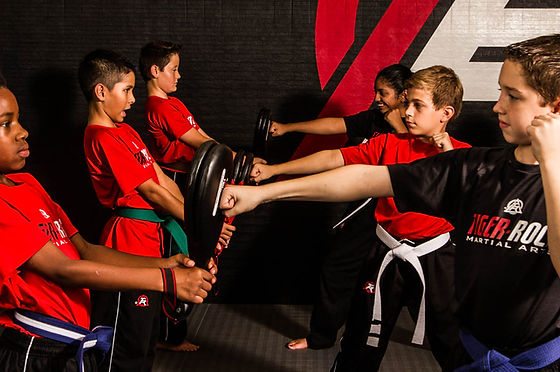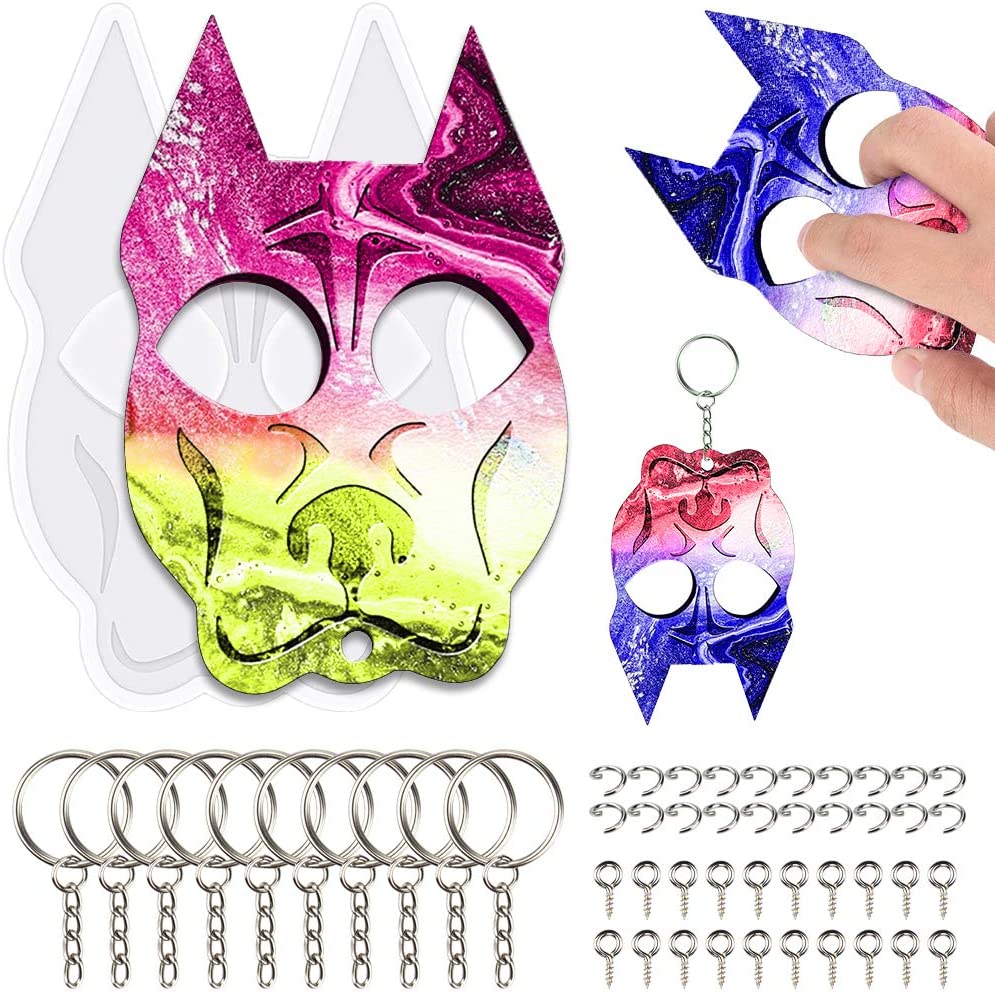
Chris Pizzo spent his school time in the Army ROTC Program. He was even a part of the Reserve Ranger competition squad, where his mental and physical skills were exceptional. After graduation, he hoped to be an active military officer. However, a bizarre accident at a Judo school ruined his plans. The cancer had started in his neck and had spread to the lymph nodes and hip region. Surgery and radiation were successful in removing his initial tumor. However, the cancer continued to spread to his lymph nodes as well as his hip area. He is now receiving treatment at a New York Hospital.
Kimberly pizzo
Christopher and Kimberly Pizzo celebrated their five-year marriage anniversary by exploring their hometown. They had already gone downtown to explore the South Street Seaport and checked out a new local brewery. They still had to make a reservation for dinner. Christopher wanted to find out if Kimberly had made the reservation. Kimberly sent Chris another text via her phone.
Captain Chris Pizzo
Pizzo, Captain Chris, is a legendary martial artist. Pizzo has a long career in self defense. He is also the founder of Close Combat Training. He has appeared on Fox Good Day Tampa and the Today Show. His videos of martial arts are well-known worldwide. He's also taught self defense to soldiers in the US military. Pizzo was recently diagnosed after a long career. He survived it all and continues sharing his lessons with his students.

His entrepreneurial spark
Chris Pizzo is the founder of many successful business ventures since he was a teenager. His father Dr. Larry Pizzo encouraged him when he was young to start a business. At age 14 he launched his first business venture. Chris saw the difference between "creators” and "normal workers in terms of their earnings at the age 14
His cancer
Donating in his name is a great way to honor a loved one who has had cancer. Chris Pizzo was an entrepreneur, and he founded many companies throughout his life. Pizzo was passionate about teaching and mentored young entrepreneurs. He also donated to American Cancer Society and taught Brazilian Jiu-Jitsu his students. He lived a full, active life despite his devastating cancer diagnosis.
His marketing techniques
Chris Pizzo's revolutionary marketing methods are unmatched. The father of business guru Larry Pizzo, Chris began his career early as a teen. When he was just fourteen years old, his father encouraged him to become an entrepreneur and he started his first venture. He quickly found that there was a big difference between "creators," and "normals", in terms of earning ability. Chris is an adult and has used his knowledge to make many businesses successful.

FAQ
Are guns safe to keep?
Yes! Gun ownership is a right protected under the Second Amendment. It's important that you remember that not everyone is entitled to own firearms. Guns are not permissible for those with mental illness.
That being said, having a firearm in your home can save lives. According to the CDC, there were more than 33,000 unintentional shooting deaths between 1999 and 2016.
The good thing is that concealed weapons can be carried in most states. So, even if you aren't allowed to own a gun, you still have the option of carrying one around with you.
How do I doomsday planning on a budget
It is difficult to prepare for the apocalypse. These are the three best ways to ensure you're ready for anything.
-
You should ensure you have enough water and food. You don't want to be caught without any supplies when disaster strikes.
-
Purchase a solar powered radio. If there's a power outage, this device will keep you informed about what's going on around the world.
-
Learn how you can grow your own food. This will allow you to know exactly what foods you should eat. You won't worry about running out of food.
What foods should preppers purchase?
You need to prepare for an emergency by planning ahead. This involves stocking up with food, water, and any other necessities.
There are many options for prepper foods today. Some people prefer canned goods while others choose freeze-dried meals.
The best way to decide what type of prepper foods you need is by researching online. You can find tons of information on which foods to stockpile.
What food should I buy to survive?
You need to think carefully about what you are buying because if you don't have enough water, then you won't survive long. The best thing to do is find a place with plenty of water and make sure you stock up on supplies.
There are two options when it comes to food: dried beans, rice, pasta or dehydrated food. Whatever you choose, make sure you store them properly, so you don't lose anything.
You might also be interested in freeze-dried foods. These are more costly than regular food, but they last a lot longer.
How long can the survival kit supplies last?
It's best to always have emergency supplies handy in order to be prepared for any eventuality. When disaster strikes, you don't want your supplies to run out.
If you are going camping, for example, then you need to pack everything you might possibly need into one small backpack. You will need to have water, food, first aid supplies, fire starters and matches, as well as tools in case of an emergency.
A flashlight, map and compass are all important. These items can help you stay safe, and will also help you locate your way back home if it happens.
These supplies should be kept in a waterproof container, such as a bag, box, bucket, or plastic bag. You should make sure your supplies are easy to find and don't get lost while hiking.
Consider what you will use the most and how much space each item takes up when packing your supplies. Consider adding more items to make sure you have enough space. Consider adding a stove, pots, and pans to your wish list if outdoor cooking is your main focus.
You need to know where your supplies are located so you don't lose them.
What information do I need before I can start my doomsday prep?"
First, you'll want to gather information about your area. What are the most common natural disasters that could occur in your region? Are there any serious risks?
Flood insurance is something you should seriously consider if you are in a flood-prone area. Flooding is the greatest threat to your life during a crisis.
Consider purchasing tsunami insurance if your home is near the coasts. Tsunamis are caused by underwater earthquakes. It's important to be prepared for them as they can often happen without warning.
Next, consider how long you will be able to survive on your own. How long will you be able to fend for yourself?
Will you only be gone for a few days? Or will your absence last for weeks or even months?
Will you be living alone? You will likely need a weapon if you live alone. It doesn't really matter what type of weapon you choose, such as a gun or bow and arrow. Make sure that you feel comfortable using the tool.
Other than weapons, tools like a shovel or axe, saw and hammer, nails, rope and other items are important. These tools could be used to build shelters or make your own weapons.
Finally, you'll likely want to stock up on extra food and water. You will need enough food to last several days.
Don't forget that you don’t have to buy all the items on this list. But you should at least get started.
What supplies for medical use should I keep in stock?
You need to ensure you have at least three months supply of all medicines in case you find yourself in an emergency situation. Stocking up on all kinds of medication, such as pain relievers, antibiotics, and cold medicines, is the best way to do so. Also, consider storing food because you won't be able to make fresh meals as often if you don’t have the time or resources to do so.
Statistics
- A survey commissioned by National Geographic found that forty percent of Americans believed that stocking up on supplies or building a bomb shelter was a wiser investment than a 401(k). (newyorker.com)
- Receiving 11.2 percent of votes in our reader survey was a propane torch. Background: This summer, we surveyed our readers about what they’d shove into a backpack if they were caught unprepared for the collapse of society. (inverse.com)
- A gravel bike was the clear winner, receiving more than 90 percent of the votes. Background: This summer, we surveyed our readers about what they’d shove into a backpack if they were caught unprepared for the collapse of society. (inverse.com)
External Links
How To
How to find potable water in a survival situation
Finding potable water during a life-threatening emergency can save your life. Knowing how to locate potable water quickly and efficiently is crucial in any survival situation. You need enough water to sustain you until help arrives. Lack of clean drinking water can cause dehydration, which could lead to death.
We'll be sharing some tips to help you find potable water in a crisis. We'll talk about the various water sources available and which one is best suited to different situations. We will discuss how to filter and purify water so that it is safe for drinking. The last thing we will discuss is how to store water.
What Types Of Water Sources Are There?
When you're out in the wild, you'll probably be surrounded by various water sources, including streams, lakes, ponds, rivers, springs, oceans, and rainwater. These water sources can be found all year, depending on the location. There are many factors to consider when choosing the right water source for you.
The first thing you need to do is determine whether you will have access to fresh water. This means you'll need to consider whether you'll have easy access to a stream, lake, river, pond, spring, ocean, or rainwater. The second is whether you have access water. Avoid collecting water contaminated with urine or feces as you will not be able to properly treat it before drinking it. The third thing you need to consider is how much water you will need. You will need to consider how long you are going to be out of your home, how dry and hot it is, what size your family is, and how many people you have. Fourth, you'll need to figure out how to transport the water you gather. It can be difficult to get water from some sources. One example is carrying a large water container up a steep hillside. The weather conditions are also important when choosing a water source. If it's stormy, you may not be able or safe to depend on rainwater. However, a sunny day can allow you to collect water and avoid contamination.